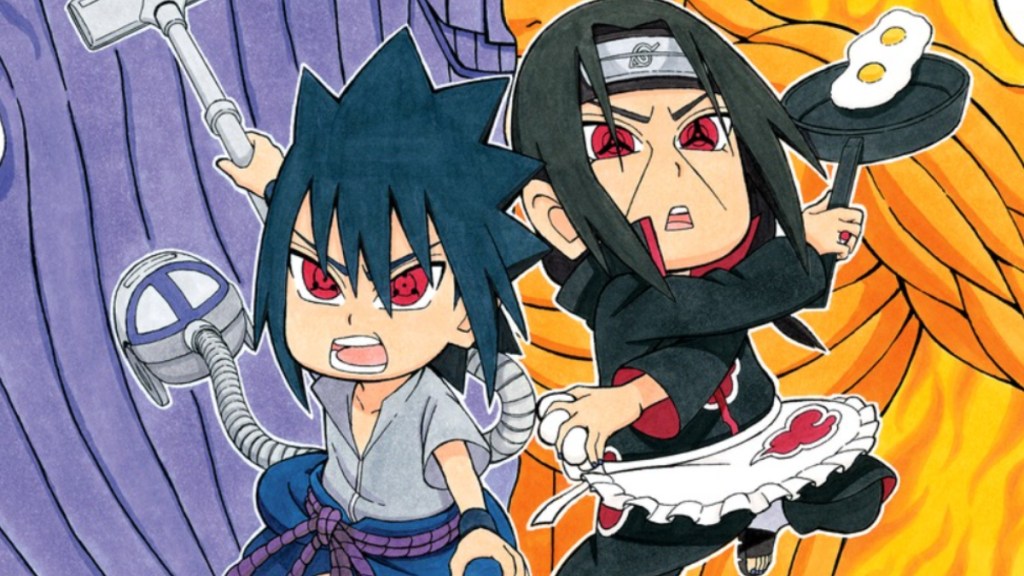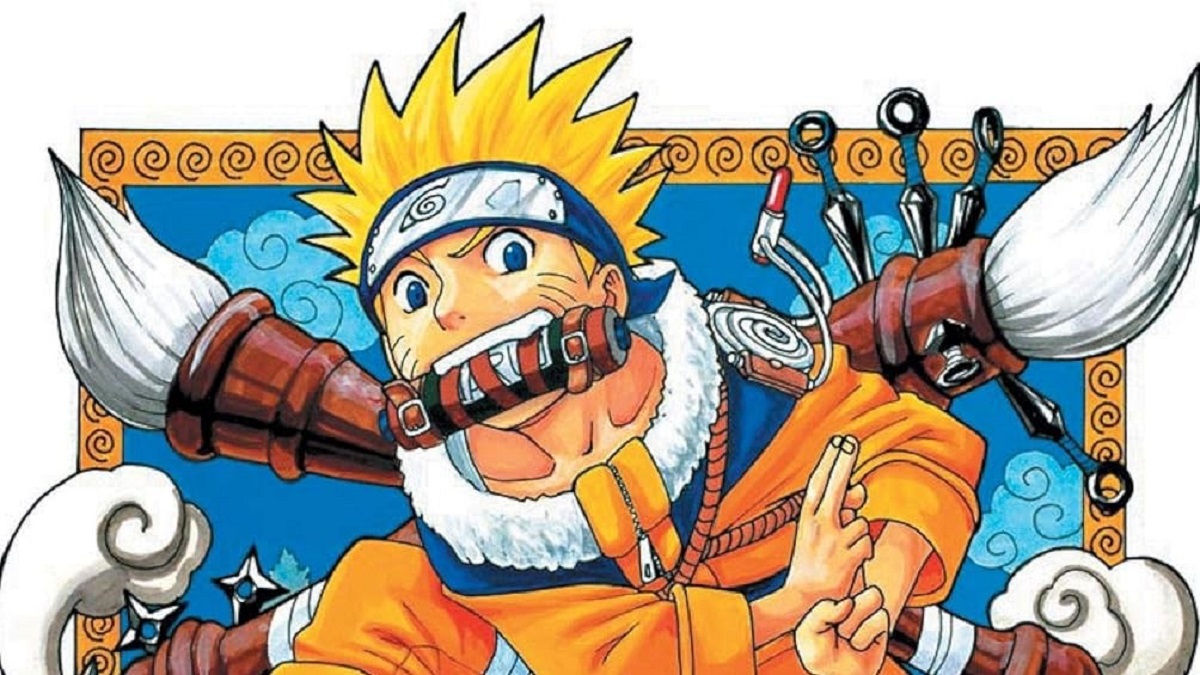The Naruto franchise has made a name for itself across the globe. It’s one of the biggest anime titles in the industry, and it comes as no surprise that it has received numerous adaptations across different media — from light novels to video games. Justifiably so. After all, we’re talking about ninjas here.
Among its numerous spinoffs, a number of them come in the form of manga. If you’re wondering what those spinoffs are, read on.

Naruto: The Seventh Hokage and the Scarlet Spring
Naruto: The Seventh Hokage and the Scarlet Spring serves as a prelude to the Boruto: Naruto the Movie. The manga is set 15 years after the Fourth Shinobi World War and follows Uchiha Sarada, Sasuke’s daughter. The story revolves around Sarada’s existential crisis and her personal mission to discover the truth behind her identity. During this, however, she gets entangled with a mysterious enemy connected with Orochimaru and the Uchiha Clan.
Naruto: The Seventh Hokage and the Scarlet Spring is one of the very few Naruto spinoffs Masashi Kishimoto wrote and illustrated himself. The mini series ran from April 27, 2015 to July 6, 2015 and was compiled in a single volume.

Naruto: The Path Lit by the Full Moon
Naruto: The Path Lit by the Full Moon is the other spinoff written and drawn by Kishimoto. Unlike the first one, however, this is a one-shot manga, acting as a prelude to the Boruto manga series. In fact, it’s included as additional content for the first volume of Boruto: Naruto Next Generations.
As for the story, Mitsuki, the final member of Team Konohamaru, gets the spotlight. Similar to Sarada’s soul-searching, Mitsuki gets dumped in a head-scratching situation. He wakes up injured and with missing memories, and his only chance to retrieve them is by following Orochimaru’s ploy. It gets more complicated as Orochimaru reveals himself to be Mitsuki’s parent.

Boruto: Naruto Next Generations and Boruto: Two Blue Vortex
Boruto is both a spinoff and the sequel to the original Naruto series. It follows the story of Naruto’s son as he follows his own ninja way. Unlike the original, however, Boruto tackles a more modern approach. It introduces technology and aliens to the beloved world of ninjas. But like Naruto, it features a significant timeskip. Naruto Next Generations is the pre-timeskip narrative, while Two Blue Vortex is the post-timeskip.
Boruto: Two Blue Vortex is still ongoing and releases updates on a monthly schedule. It’s been taken over by Kishimoto’s chief assistant, Mikio Ikemoto, and with the help of Ukyo Kodachi.
Naruto: Sasuke’s Story—The Uchiha and the Heavenly Stardust
As the title suggests, this spinoff follows Sasuke as he goes on a mission to unravel the mystery of the isolationist land of Redaku. He has to rendezvous and work with his wife, Sakura, as he pretends and mingles with deadly criminals. Their goal? To uncover the traces of the Six Paths.
Naruto: Sasuke’s Story—The Uchiha and the Heavenly Stardust is actually a manga adaptation of the light novel of the same name. It’s also been adapted into the Boruto anime — specifically, episode 282. Yes, the one where Sasuke fights a dinosaur.

Naruto: Konoha’s Story—The Steam Ninja Scrolls
Unlike the other spinoff manga, Naruto: Konoha’s Story—The Steam Ninja Scrolls doesn’t follow the common Uzumaki or Uchiha character. Instead, it’s centered around Sarutobi Mirai, the late Sarutobi Azuma’s daughter. Mirai is a fiery character wanting to prove herself as a mighty shinobi. The moment she’s assigned on a mission with the veterans Might Guy and Kakashi, the Sixth Hokage, she puts her whole heart into the mission. However, the mission seems to be more like a vacation than a danger-filled ninja quest.
Similar to Naruto: Sasuke’s Story—The Uchiha and the Heavenly Stardust, this spinoff is also based on the light novel of the same name. It is also more lighthearted and less action-focused compared to the other spinoff. That is not to say that it doesn’t offer some fight scenes, because it does. And it ties well with Mirai’s character and lineage.

Rock Lee’s Springtime of Youth Full-Power Ninja Chronicles
Like the title suggests, this comedy spinoff tells the whacky adventures of Rock Lee and Team Guy. As you would expect from this kind of title, it doesn’t have any serious plot. It’s all fun shenanigans in chibi form. And it’s a big success.
The series ran from January 2013 to September 2014, with seven tankobon volumes. It even received an anime adaptation titled Rock Lee & His Ninja Pals.

Naruto: Chibi Sasuke’s Sharingan Legend
Following the success of Rock Lee’s Springtime of Youth Full-Power Ninja Chronicles, Kenji Taira returns with Naruto: Chibi Sasuke’s Sharingan Legend. This time, however, the focus is on the nonchalant Uchiha. It features the chibi forms of Sasuke, the members of Taka, Itachi, and many more. The series ran from November 2014 to April 2017, and the chapters are compiled into three volumes.








